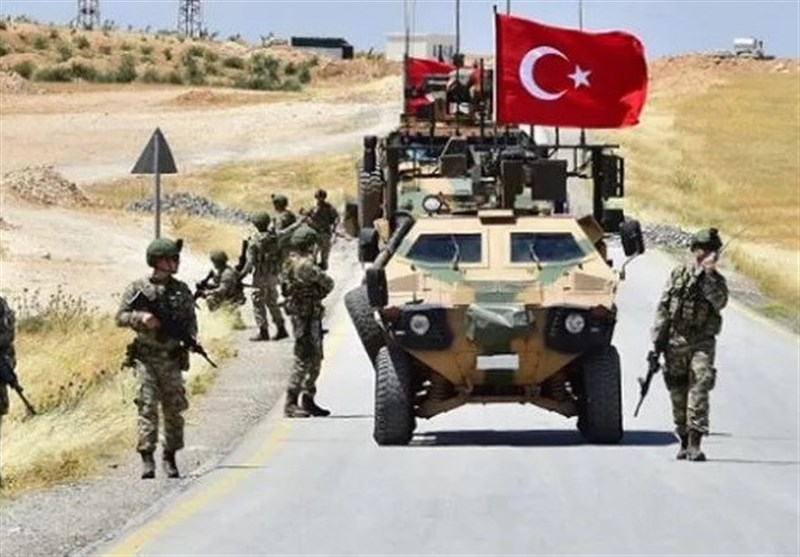AhlulBayt News Agency (ABNA): Two weeks after the Turkish intelligence agency said it detected and dismantled an Israeli spy cell, in recent days Ankara said it detained two Israeli citizens on charges of spying for Tel Aviv, potentially returning the Turkish-Israeli relations to tensions.
The Turkish intelligence arrested the couple for taking photos of the presidential palace in Istanbul. The couple claimed they did not know photography from the palace of President Recep Tayyip Erdogan was banned.
A Turkish court on last Friday extended the couple's detention for 20 days, and local authorities said that they were suspected of espionage. Israeli Channel 12 reported, citing Israeli officials, if the case is not settled in three days, they will likely remain detained in Turkey.
The Israeli government started its movement to free the two. According to Rai Al-Yaum newspaper, a Mossad delegation sent to Ankara was treated with chill by the Turkish authorities. The delegation admitted that there was a spying operation but argued that it did not target Turkey but the Hamas officials and activities in Turkey.
Finally today, Turkey said it released the couple. Israeli media said they arrived home.
Erdogan's tough decision: de-escalation or self-credibility
The revelation of the Israeli espionage operation in Turkey is dealing a blow to the slowly moving de-escalation efforts between the two sides made since last year. They do not have ambassadors in their capitals due to decade-long tensions.
A man of sudden U-turns in policy, Erdogan last year showed willingness for normalization with the Israeli government. In July, Erdogan talked to the Israeli president and highlighted the "Israeli-Turkish potentials" for regional peace. However, a couple of months later, Tel Aviv launched a 11-day war on Gaza with new crimes, infuriating the Turkish public opinion with the pro-rapprochement efforts by their government.
Turkey's growing isolation due to tensions with most of neighboring countries, strained relations with the US and Europe, normalization of relations between the Israeli regime and the Arab states, reconciliation between its ally, Qatar, and members of the (Persia) Gulf Cooperation Council, along with a combination of economic benefits, energy, intelligence and politics led Ankara to regional de-escalation attempts. The show of will to normalize with Tel Aviv is driven by these developments.
On the other hand, Erdogan hoped that warming relations with the Israelis could help improve relations with Washington. It is noteworthy that Ankara has traditionally seen Tel Aviv as a way to make its voice heard in Washington.
Erdogan's show of interest in thaw makes the Israeli leaders feel they have the upper hand in the diplomatic engagement with the Turks. While Erdogan remained silent on the spies case, Israeli media said there were signs Ankara will not escalate. Release of the couple proved them right.
The interesting point is that the Israeli citizens were detained precisely a day after Knesset received a draft bill to debate recognition of "Armenian genocide" in early 20th century by the Ottoman Empire, from whose ashes modern Turkey rose. In recent years, along with Ankara criticism of the Israeli regime's illegal settlements and the siege of Gaza, Israeli regime has submitted various draft bills to the parliament for debating recognition of Armenian genocide as a black spot in the Turkish past.
Discussing recognition of the Armenian genocide by the Knesset and also conducting spying operations on the Turkish soil amid de-escalation moves practically demonstrate lack of Israeli concerns about possible Turkish anger and reaction. Actually, the Israeli actions are proving challenging to Erdogan who is propagating the idea that his government maintains independence in the face of the Western powers, especially in the Western ambassadors expulsion crisis, and put him in front of a dilemma of whether to save his patriotic gesture or retreat for the good of benefits coming from de-escalation.
/129

